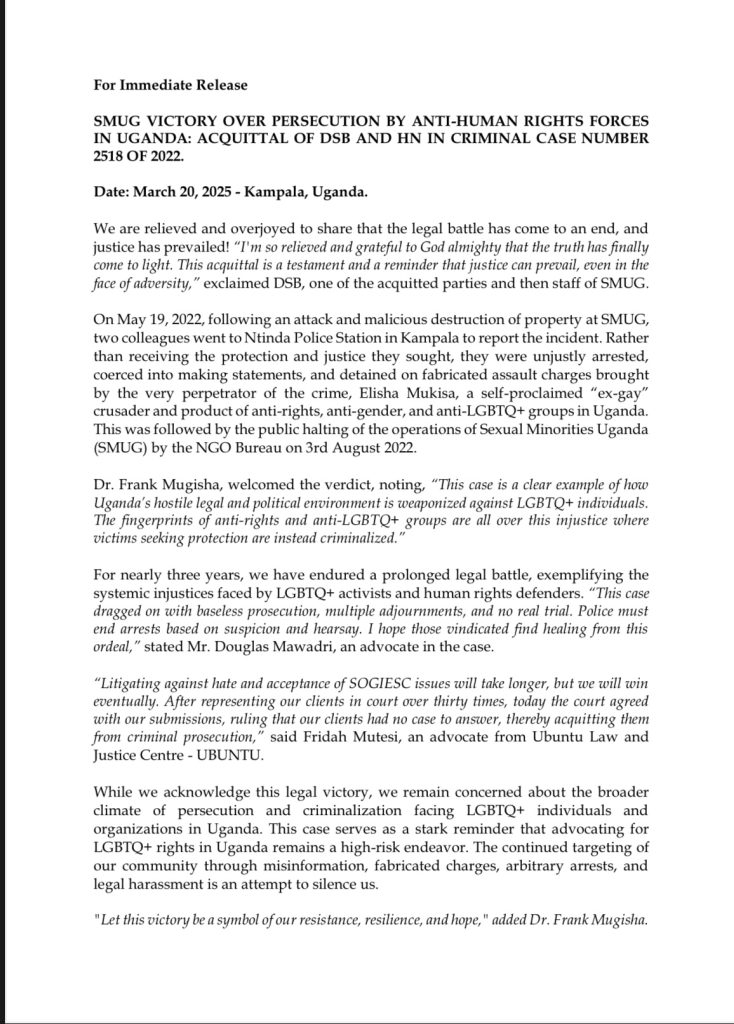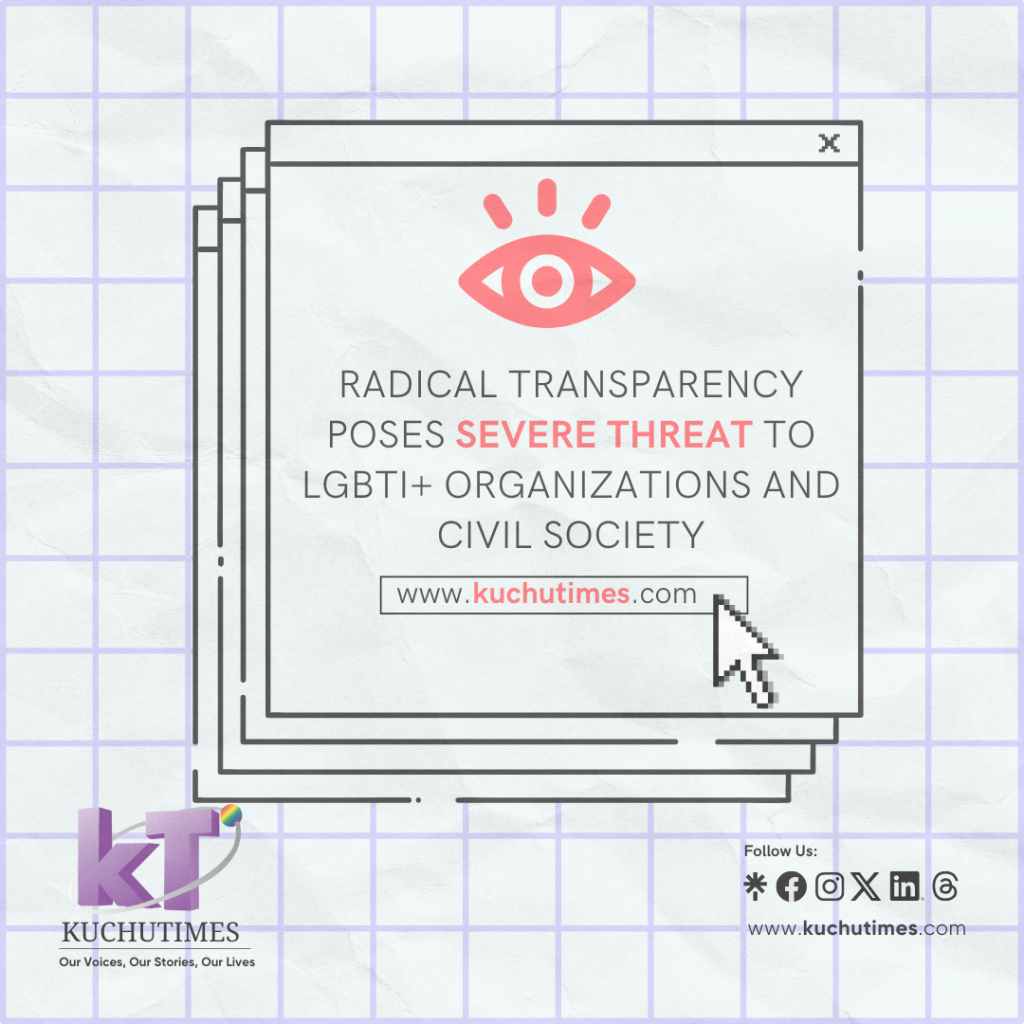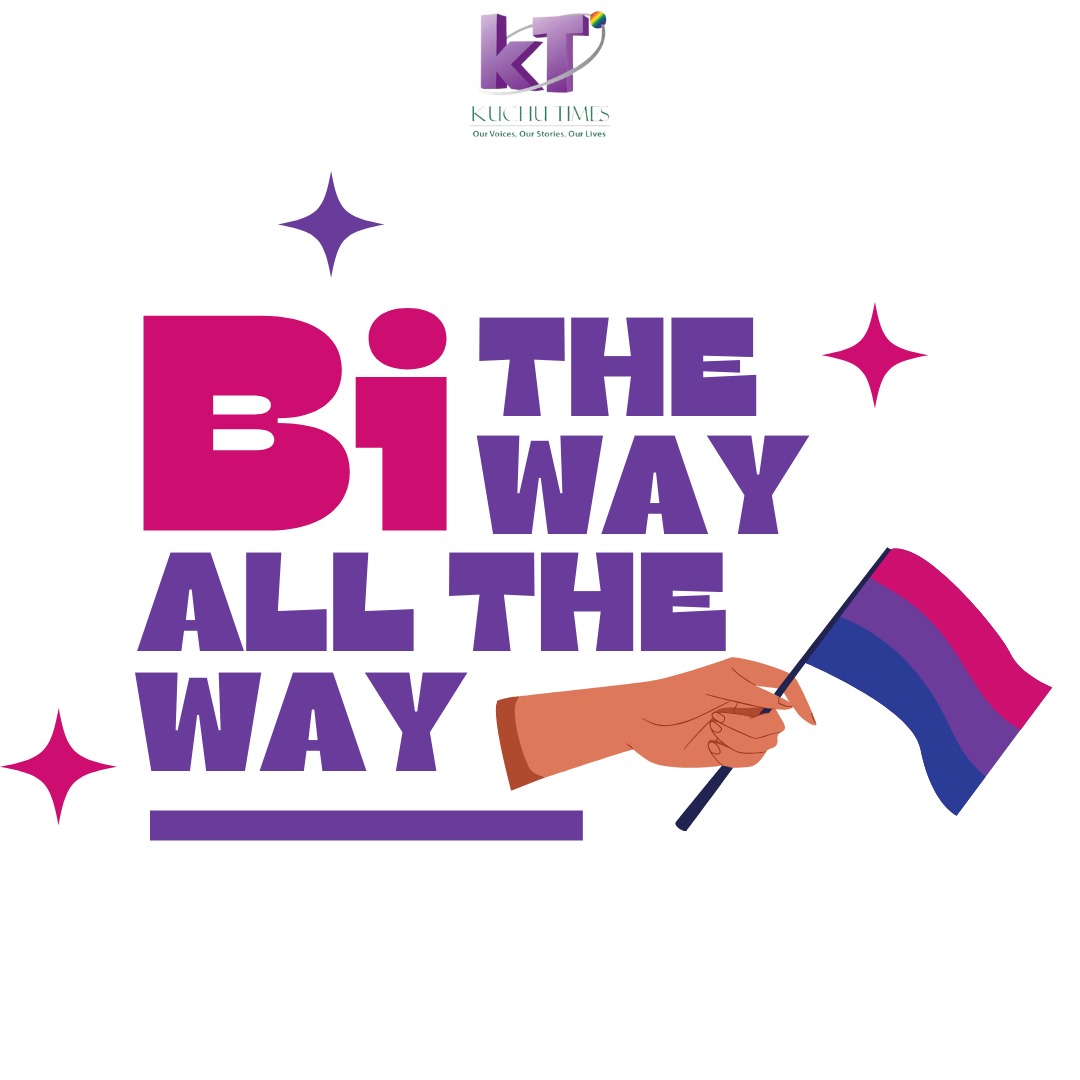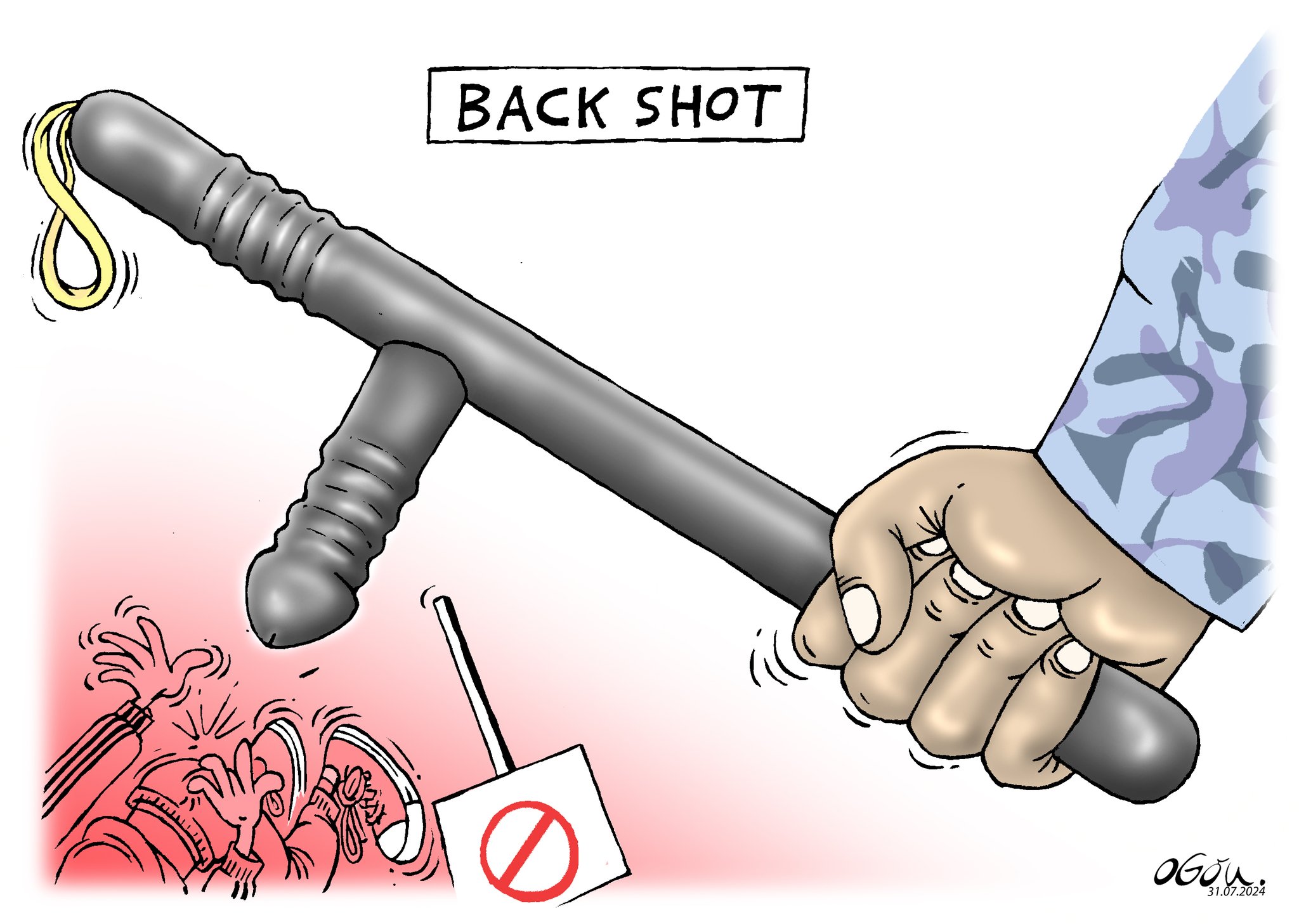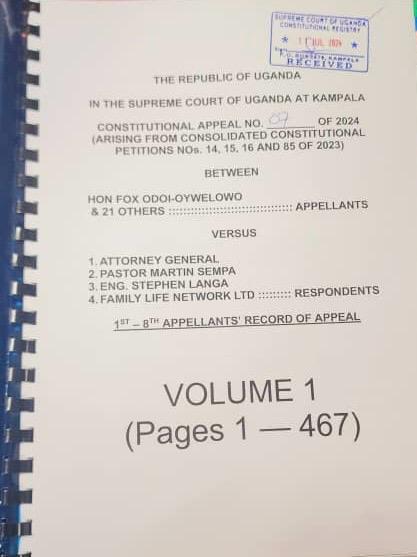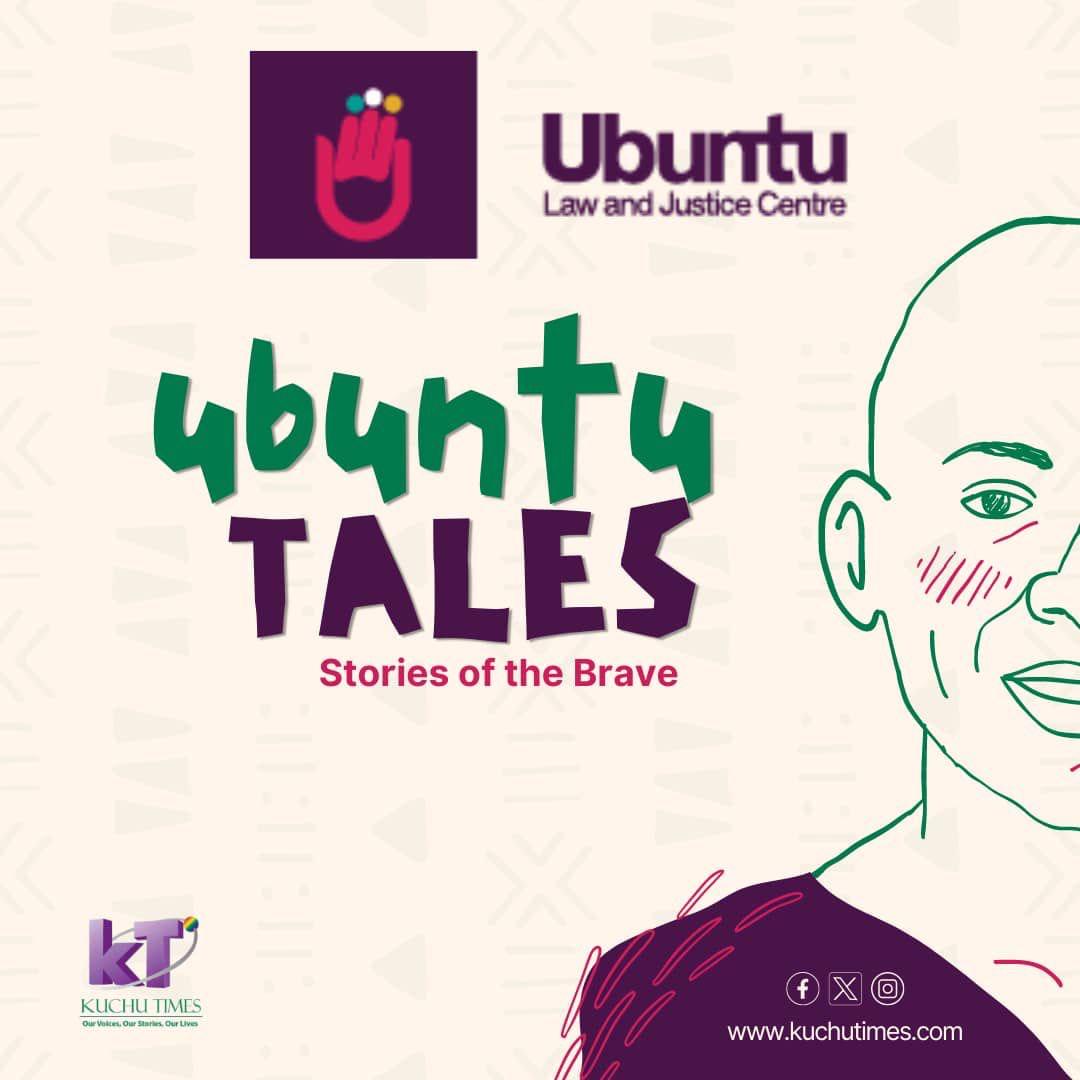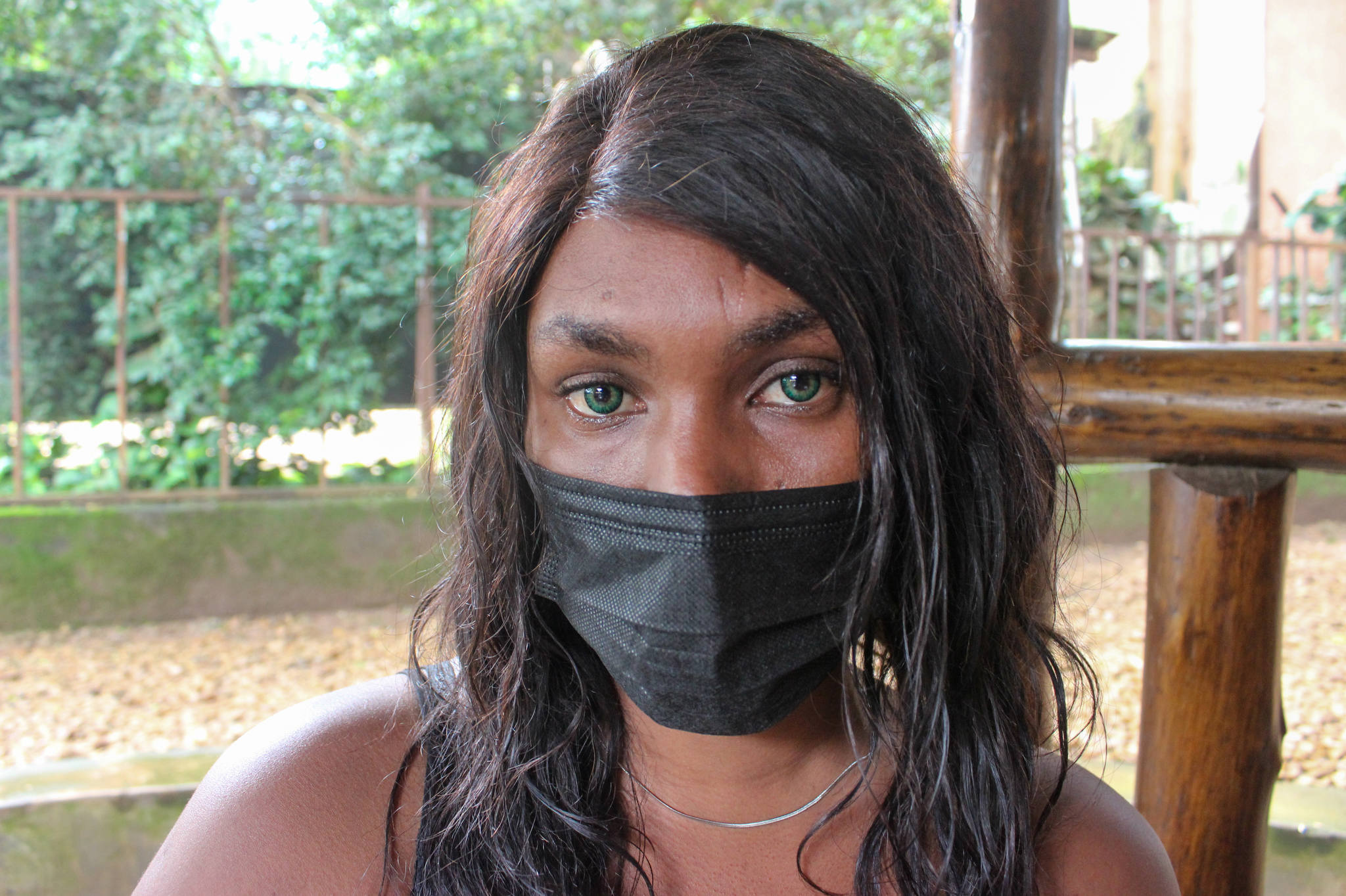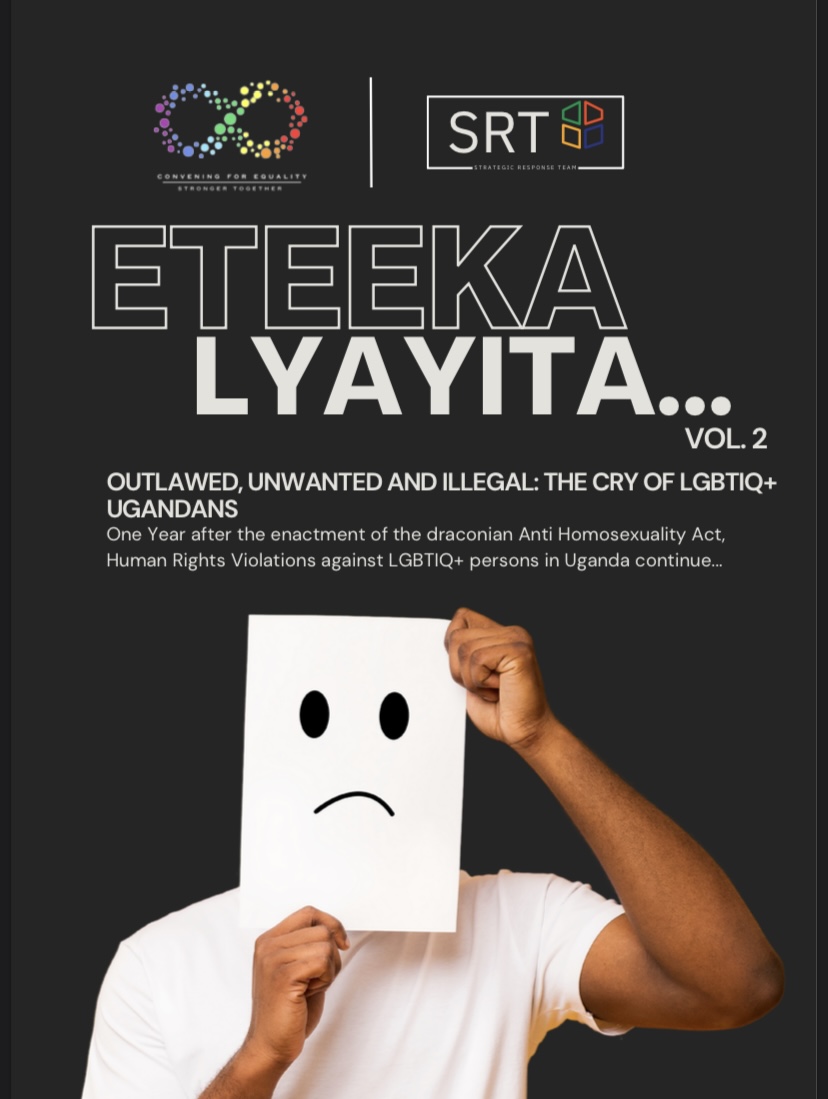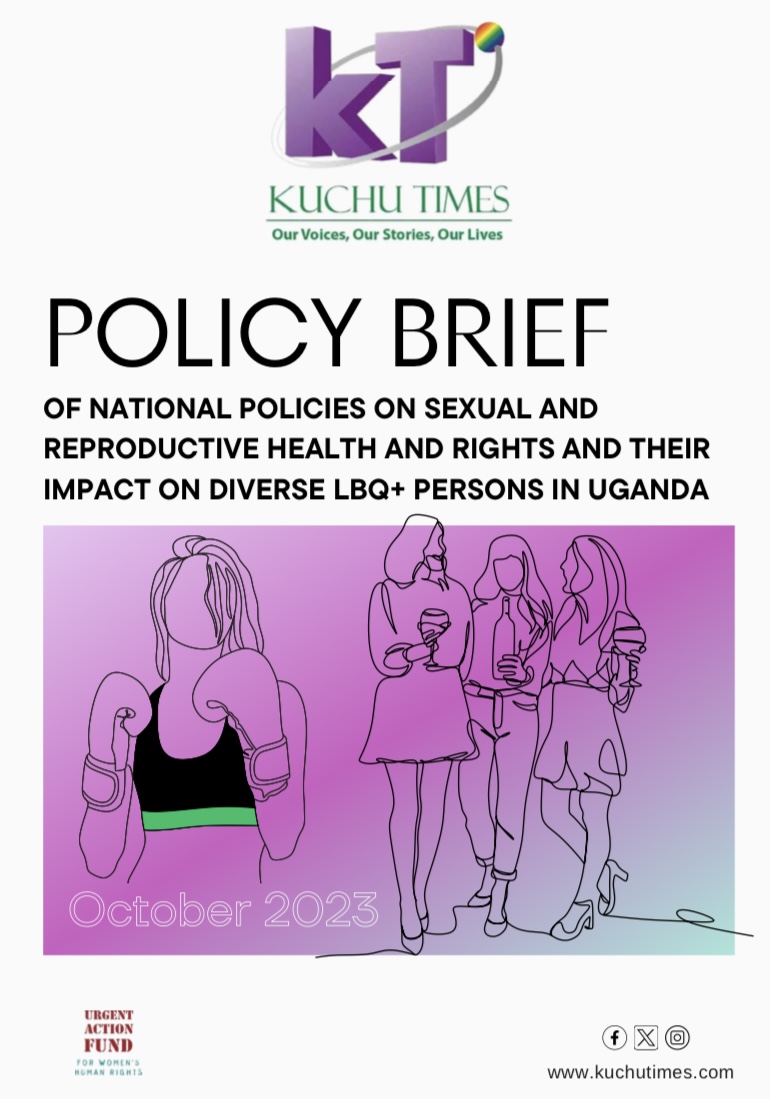One of the most insidious challenges bisexual people face is what we call “double stigma.” On one hand, they often encounter prejudice from the heterosexual community, where they are dismissed as “indecisive” or “just experimenting.” On the other hand, they may face exclusion from the homosexual community, where they are sometimes viewed as not “gay enough” or accused of having “straight privilege.” This double-edged discrimination, known as biphobia, leads to feelings of isolation and marginalization that can take a toll on mental health and social inclusion.
News
This complacency has, in turn, fueled public confusion and anger about homosexuality. The government’s selective enforcement of the law—targeting LGBTQ+ individuals while ignoring the abuse they suffered at the hands of law enforcement—has only deepened the mistrust and fear surrounding this issue. When we say we are fighting for the repeal of the Anti Homosexuality Act, we are fighting for the decriminalization of consensual relations between persons of the same sex.
Applications are open until August 31st, inviting artists and activists alike to join this transformative journey towards leadership and empowerment. Together, we can create a ripple effect of change across Africa, driven by empowered and influential leaders committed to justice and equality for all. Apply now and be part of this transformative initiative!
“This is the next step in our demand for this horrific law to be thrown out and for our rights under theConstitution of Uganda to be respected and protected,” says Clare Byarugaba of Chapter Four Uganda and co-convener of CFE. “We have lived with the violence and discrimination of this law and its high time for ourJustices to see the error in the ruling of our Constitutional Court.”
Ubuntu Tales comes at a crucial time when the need for inclusive narratives and the recognition of diverse experiences is more pressing than ever. For many in our communities, living in a context that is inherently patriarchal, homophobic, and transphobic means facing daily threats of violence, subjugation, and denunciation. The Ubuntu Tales docuseries sheds light on these challenges while celebrating the resilience and courage of those who stand up for justice and equality.
The relevance of the Ubuntu Tales to our community cannot be emphasized. By capturing and sharing the lived experiences of SOGIESC human rights defenders, the series aims to dismantle harmful stereotypes and foster a deeper understanding of sexual and gender diversity. These narratives are essential in challenging societal misconceptions and prejudices, promoting a culture of empathy and solidarity.
Uganda’s anti-homosexuality laws offer plentiful reasons for transgender, gay and other gender and sexual minorities to seek asylum abroad. But some heterosexual people have seen an easy ticket out for themselves.
This moment of triumph in South Africa starkly contrasts the grim reality faced by the LGBTIQ+ community in other parts of the continent. For instance, Uganda passed a draconian law that criminalize same-sex relationships and impose severe penalties on those found guilty of homosexual acts. These laws, often used as political tools to galvanize support from conservative constituents, are a gross violation of human rights and have been widely condemned by international human rights organizations.
The Anti-Homosexuality Act 2023, signed into law on May 29, 2023, criminalizes homosexuality, aggravated homosexuality, promotion of homosexuality, and mandates the reporting of suspected LGBTQ+ persons. Despite legal challenges, the law was upheld by the Constitutional Court of Uganda, with only a few sections nullified. This has resulted in widespread violence, discrimination, and human rights abuses against LGBTQ+ individuals, perpetuated by misleading campaigns and misinformation.
The report documents 1,031 cases directly affecting 1,043 LGBTQ+ persons, encompassing multiple human rights violations and abuses.
Black Pride seeks to bring global attention to this harsh reality. It is a reminder that while some parts of the world celebrate with rainbows, others are enveloped in darkness. This campaign is a plea for recognition, support, and solidarity from the international community.
Black Pride is not just for Uganda. It extends to all regions where LGBTQ+ individuals face similar struggles. In countries ravaged by war and political instability, the situation is even more dire. In such climates, survival often takes precedence, and the rights and lives of queer individuals are frequently overlooked. Black Pride aims to shine a light on these neglected stories and amplify the voices of those who cannot speak out.
Kuchu Times Media Group with support from Urgent Action Fund-Africa conducted a qualitative research on the policies Uganda has in place regarding Sexual Reproductive Health and Rights and how these policies affect LBQT persons in Uganda. As the world gears towards the International Day of Action for Women’s Health on May 28th, it is important […]

